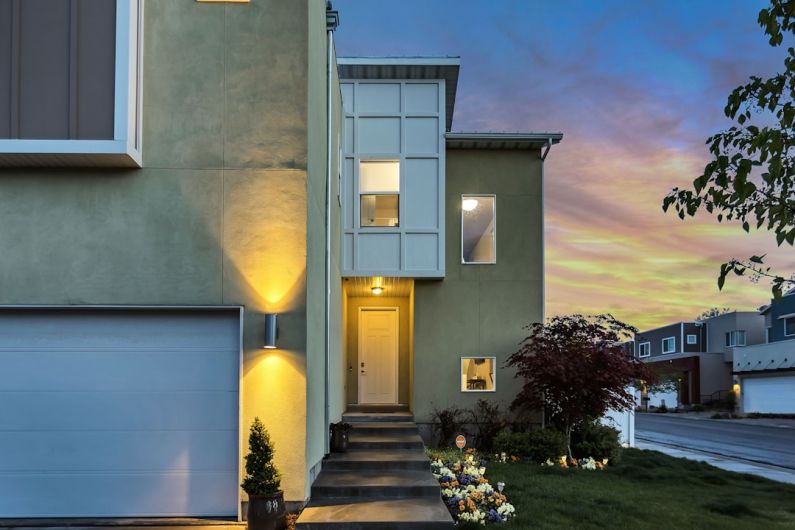How to Spot Potential Issues When Viewing a Home?
When searching for a new home, it’s easy to be dazzled by the beautiful interiors and stunning curb appeal. However, it’s important to look beyond the surface and carefully assess the property for any potential issues. By doing so, you can avoid costly surprises down the line and make an informed decision. In this article, we will explore some key areas to pay attention to when viewing a home.
Exterior Inspection: The First Impression
The exterior of a house can tell you a lot about its condition. Begin by examining the roof for any signs of damage, such as missing shingles or sagging. Pay attention to the condition of the gutters and downspouts as well, as clogged or damaged ones can lead to water damage. Additionally, check the condition of the siding or brickwork for any cracks or signs of wear.
Foundation and Structural Integrity
A solid foundation is essential for the stability of a home. Inspect the foundation for any cracks, especially in the basement or along the exterior walls. Look for signs of water damage, such as a musty smell or water stains. Uneven floors or doors that don’t close properly can also indicate potential structural issues.
Plumbing and Electrical Systems
A thorough inspection of the plumbing and electrical systems is crucial. Turn on faucets and flush toilets to check for water pressure and drainage issues. Look for leaks under sinks and signs of water damage on walls or ceilings. Test light switches and outlets to ensure they are functioning properly. Outdated electrical systems may pose a safety hazard and could require costly upgrades.
Heating, Ventilation, and Air Conditioning (HVAC)
The HVAC system is responsible for keeping a home comfortable year-round. Check the age and condition of the heating and cooling units. Ask about maintenance records and when the systems were last serviced. A poorly functioning HVAC system can result in high energy bills and discomfort.
Windows and Doors
Windows and doors play a significant role in the energy efficiency and security of a home. Inspect windows for signs of condensation, which could indicate poor insulation. Look for drafts around windows and doors, as this can lead to increased heating or cooling costs. Ensure that all locks are in working order and that there are no signs of forced entry.
Appliances and Fixtures
If the home comes with appliances, take the time to inspect their condition and functionality. Turn on the stove, oven, and dishwasher to ensure they are working properly. Check faucets, showers, and toilets for leaks or low water pressure. While these may seem like minor issues, they can quickly become costly repairs.
Neighborhood Considerations
When viewing a home, it’s important to consider the neighborhood as well. Take note of the condition of neighboring properties, as this can affect property values. Research nearby amenities and schools if applicable. Drive through the neighborhood at different times of the day to get a sense of the noise level and traffic.
In Conclusion: Making an Informed Decision
By carefully inspecting a home for potential issues, you can make a more informed decision about whether it’s the right fit for you. Remember to look beyond the surface and consider the long-term implications of any problems that may arise. Consulting with a professional home inspector can provide additional peace of mind and ensure that you have all the necessary information before making a purchase. Happy house hunting!






